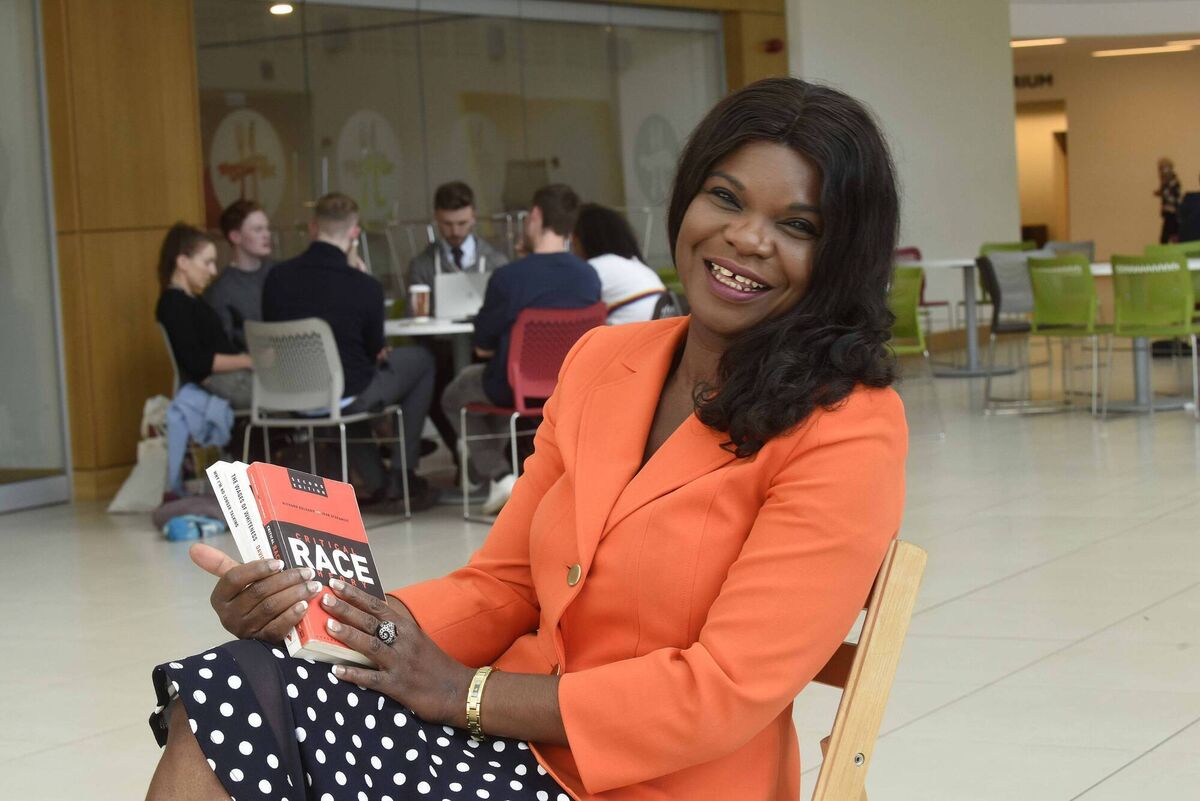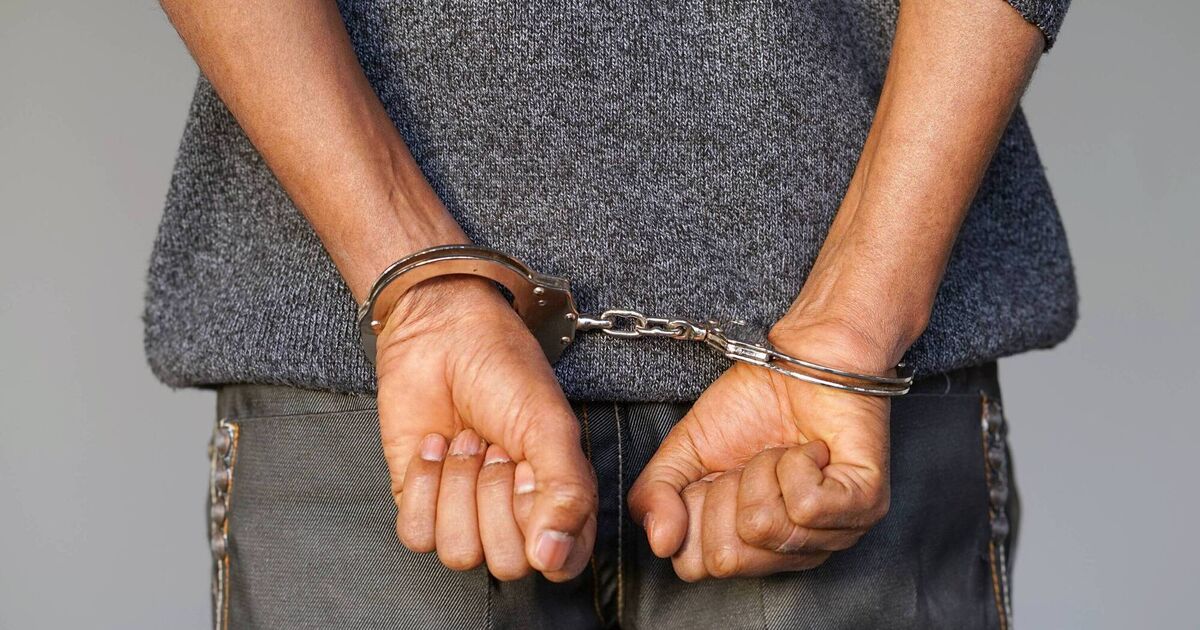The recently published Policing Authority report, Experiences of Policing amongst Brazilians and People of African Descent in Ireland, confirms what many in our communities already know. It gives public voice to private pain, describing mistrust of gardaí, negative interactions, racial profiling, and lack of cultural sensitivity.
As Ireland’s Special Rapporteur on Racial Equity and Racism, and as a black woman, a mother, and an activist who hears these stories frequently, I welcome this report. But welcoming it is not enough — we must act.
For years, black and brown communities in Ireland have raised concerns about how they are treated by law enforcement. The Traveller community are not also left out in the over-policing experienced by these groups. These are not one-off anecdotes or fringe grievances. They are patterns. Patterns of racial profiling. Patterns of distrust. Patterns of young men being over-policed and under-protected.
I have listened to mothers, again and again, who are afraid every time their sons walk out the door. I recently heard a voice note from a mother whose son was arrested at his estate on his way home from work. As she described, through tears, how her child was treated, very similar to scenarios described in the report, I could hear her pain — raw and unfiltered. It stayed with me. No parent in Ireland should have to carry that kind of fear that their child can go to work and end up in a cell, albeit temporarily. The impact of such experiences can cause harm to a person, particularly young people still growing and grappling with understanding their identities and where they fit in society.
I have also heard reports that raise serious concerns about the differential treatment experienced based on perceived nationality or accent. I’ve been told repeatedly that individuals with strong African accents — or those assumed to be foreign-born — are treated with less patience, less empathy, and more suspicion. We cannot ignore how foreign-sounding voices trigger assumptions about legitimacy, vulnerability, or criminality. Accent has become a proxy for bias. While this did not show up in the report, as we know, one single report cannot cover everything — it is a necessary beginning.
Despite the EU Victims’ Rights Directive (Directive 2012/29/EU), which establishes minimum standards for the rights, support, and protection of victims of crime within the EU, ensuring they receive appropriate information, support, and protection, and can participate in criminal proceedings, not very many victims are aware of or utilise these rights.
I feel compelled not only to speak but to act. I now plan to organise visits to prisons to speak with young black boys and others from marginalised backgrounds.
These young people deserve to know they are seen, loved, and not alone. They need role models, hope, and someone to believe in their future even when the system does not expect much from them
This is unfortunate as it is contradictory to my research studies, which show very high engagement with society, in education, active job seeking, and a lot of emotional labour invested in community and volunteering roles on issues the government has left unsupported. A recent 2025 ESRI report, for example, shows that immigrants are more likely to be working than Irish born.
I want to be clear: my call for reform is not an attack on Gardaí as individuals. I deeply respect those officers who serve with integrity, compassion, and fairness.
But respect for the institution does not mean turning a blind eye to its flaws. When harm is done — when people are targeted, humiliated, or traumatised — there must be accountability. Denial only deepens division
Policing, at its best, is built on trust. But trust cannot thrive in a system where young people are stopped repeatedly for doing nothing wrong. It cannot survive when parents feel their complaints are ignored or dismissed. It cannot exist where people are more afraid of calling for help than of facing violence.
One of the most troubling findings of the report is the widespread mistrust in the complaints process. People are afraid to speak out—afraid of being targeted, of being disbelieved, or simply being told that their experiences don’t matter. If we want justice, we must make the reporting of misconduct safe, transparent, and accessible. This means protecting whistleblowers and victims from retaliation and ensuring every complaint is taken seriously.
This isn’t just about community relations. It’s about the kind of country we want Ireland to be. A fair country. A just country. A country where a child’s future is not determined by the colour of their skin or the sound of their voice. Where harsher treatment is not determined by skin colour or accent.
As a mother, I worry deeply about the messages our children are receiving. What do they learn when they see their friends harassed or their fathers detained? What does it teach them when their trust in the Gardaí is shattered before it can ever be formed?
We are shaping the legacy of this country right now. We can choose to normalise this injustice — or we can choose something better. We can choose to end racial profiling. We can choose to affirm that the lives and dignity of all people — regardless of race or nationality — matter equally in the eyes of the law.
The report makes several critical recommendations that deserve urgent implementation. We need disaggregated data collection, not only to measure the problem but to drive accountability. The need for the collection of disaggregated data is an urgent issue across all departments in Ireland where race and ethnicity data are not being collected. In addition, we need independent oversight and the inclusion of racial and ethnic minorities in decision-making structures. And we need ongoing anti-racism education that goes beyond surface-level “diversity training.”
This is not just a matter for government or Garda leadership. It’s a matter for all of us. Racism in policing reflects deeper inequalities in our society — inequalities in housing, education, employment, and healthcare. Tackling it requires collective will, honest conversation, and courageous leadership.
Some might say Ireland isn’t as bad as other countries. But that bar is too low. We should not compare ourselves to the worst-case scenarios elsewhere. We should strive for the best of what we can be. Because when one community feels unsafe, the whole country suffers. When one group is dehumanised, we all lose a piece of our humanity.
To be black or Brazilian in Ireland should not mean being followed in shops, stopped by Gardaí without reason, or made to feel like an outsider in the only home you’ve ever known.
So let this report not be the end of a conversation — but the start of a movement. One that listens to mothers. One that hears the pain in their voices. One that restores trust, rebuilds fairness, and reaffirms our shared humanity.
The future of our young people depends on it.

